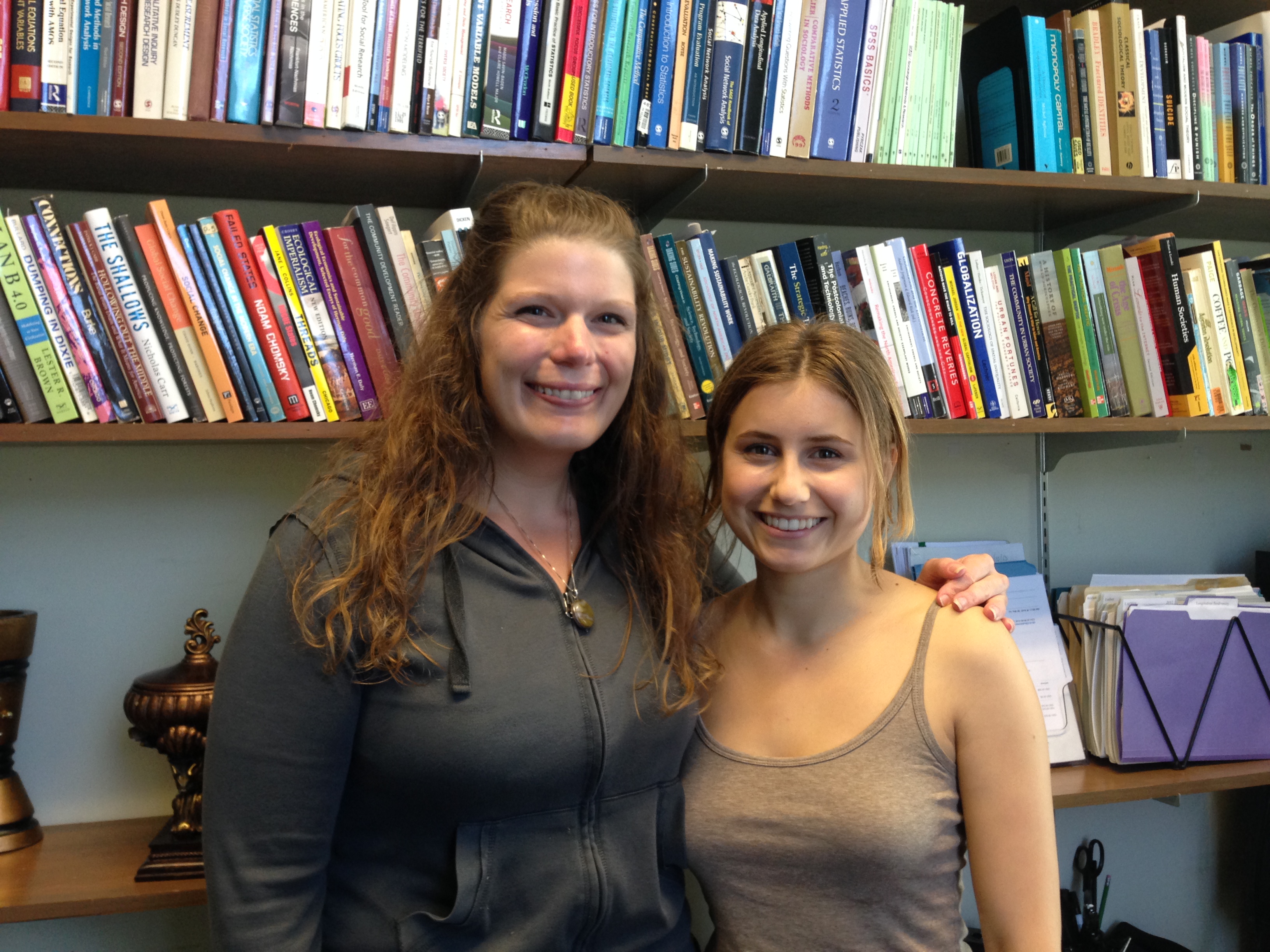Summer is sadly coming to a close, so I thought I’d write a few reflections about my time working with Dr. McKinney this summer. I’m thinking about the goals I set for myself at the beginning of the summer, and I feel confident in saying that I’ve met all of them. Our trip to Jennings contributed most to reaching these goals. I gained experience as a researcher specifically by helping write the survey and participating in the fieldwork itself. Even a job as simple as going through Google Maps to write down house numbers gave me insight into what it’s like to do research as a sociologist. In terms of my career goals, my work this summer gave me an opportunity to really think about what I want to do with my degree if I continue with sociology. I’m still not totally sure, but this summer will definitely help because research is a big part of sociology. Now that I’ve completed my internship, I’d like to refine my research ideas for the Newcomb Scholars program. I have a few ideas, but this gave me perspective on how data is actually collected. With this new perspective, I can now think about research ideas that are actually doable. For anyone who is interested in getting involved with a research project, my advice would be to think about what classes interest you the most, and then begin a conversation with that professor. If you like the professor, then just ask their research.

My ideas about social justice have definitely changed over the course of the summer. I’d always heard about large corporations taking advantage of people, but I’d never seen the direct effects myself. Seeing the superfund site itself and talking with the people who live close by changed my perspective. It’s easy to think about complicated issues in a black in white way; the corporation takes advantage of rural people who hate them for doing it. But it gets more complicated when some of the rural people actually enjoyed the presence of the employees from the corporation and don’t have much concern for their water quality. In order to be a more effective change agent, I think it’s important to understand these grey areas and integrate them into a plan of action.
